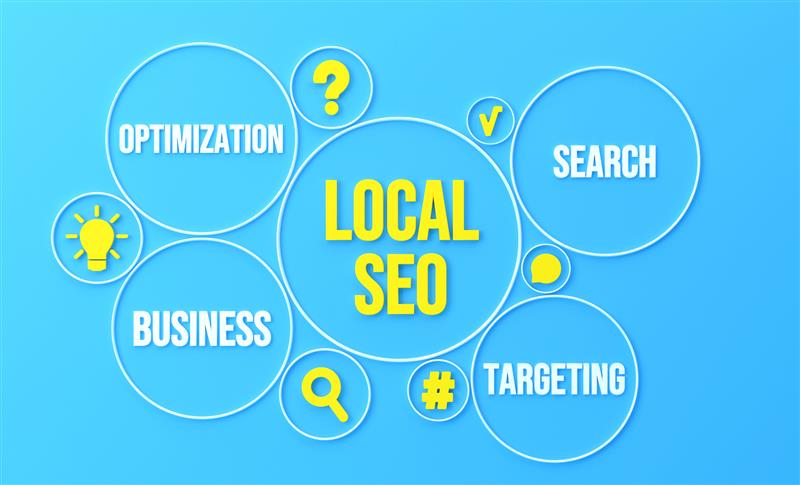recent posts :


 30 Sep 2025
30 Sep 2025Future Of Mobile App Development Trends
One of the best digital marketing tactics for companies trying to boost their online presence is Google PPC (Pay-Per-Click) advertising. Advertisers pay only under this arrangement when users react to their adverts. The top PPC program is Google Ads, which enables companies to place advertisements on partner websites & search engine results pages. Businesses may optimise their return on investment by comprehending the advantages of this method and how it operates.
Pay-per-click advertising, or PPC for short, is a technique that allows you to advertise on Google and reach an extensive audience of people looking for products, services, or data that you’ve got to offer. Millions of websites and companies worldwide use Google PPC Advertising because it’s a strong, affordable method of increasing brand recognition and bringing targeted visitors to your website, which increases sales along with other engagements.
An auction-based system powers Google PPC advertising. Companies place bids on particular keywords associated with their goods or services. Google uses the amount of bids and ad relevancy to decide what ads appear when consumers search for certain keywords. Ad placement, bidding strategy, & keyword selection are the three main elements in the entire procedure. To target their audience, advertisers investigate high-performing keywords. Google then displays these advertisements in YouTube videos, search results, and on various affiliated websites.
Google makes sure that advertising stays below spending limitations while optimising visibility, whereas advertisers determine the budget. The Quality Score, which Google determines based on keyword relevancy, click-through rate (CTR), & landing page experience, is a crucial component of PPC effectiveness. Campaign efficiency can be increased by lowering expenses and improving ad placements with higher Quality Scores.
A well-planned PPC campaign has several essential components. Researching keywords is the first step. Ads are guaranteed they reach the correct target when the appropriate keywords are chosen. To assist advertisers in determining the most relevant phrases, Google offers resources such as the Keyword Planner. The second element is advertising copy. Well-written ad language is crucial for getting clicks. It must have a clear call-to-action (CTA), be interesting, and be pertinent. Landing pages are also very important. Conversions and Quality Score are increased by a landing page that is easy to use, loads quickly, and contains pertinent material.
Campaign targeting is a further essential component. To maximise reach, advertisers may pick audience demographics, geographic areas, and device preferences. Last but not least, bid management techniques are crucial for preserving ad placement as well as keeping expenses under control. To maximise performance, bidding options encompass increased CPC (cost-per-click) bidding, automated bidding, & manual bidding.
Many companies initiate PPC ads with costly mistakes. Poor keyword selection represents a frequent error. Spending money on unnecessary or broad keywords may end up in waste. Conversion rates are increased by employing long-tail and targeted keywords instead. Ignoring ad extensions is another error. Ad visibility and CTR are increased by characteristics like site links, callouts, and structured snippets.
An additional common problem is not optimising landing pages. Users may abandon an advertisement without converting if they arrive at a landing page that loads slowly or is irrelevant.
Efficiency may also be decreased by ignoring negative terms. Using negative keywords improves campaign focus & saves money by preventing advertisements from showing up in irrelevant searches.
Lastly, companies occasionally neglect campaign tracking. Without accurate tracking using conversion tracking tools or Google Analytics, it’s hard to gauge progress while performing the required corrections.
For companies looking to reach a wider audience, Google PPC advertising has many advantages. Instant visibility is a significant benefit. PPC advertisements show up instantaneously, generating visitors right away, in contrast to organic SEO efforts, which demand time. Accurate targeting is a further advantage. Companies can choose their audience by looking at their demographics, hobbies, and habits. Ads are shown to the right individuals at the appropriate time thanks to this.
Another significant benefit is cost control. PPC is a cost-effective approach because advertisers select their budgets and simply pay once users click. PPC offers quantifiable outcomes as well. Businesses can evaluate performance and improve campaigns with the use of metrics like views, clicks, impressions, as well as conversions.
PPC advertisements also improve brand awareness. Regular ad appearances raise awareness & possible subsequent engagement even if users choose not to click right away. My Digital People is trusted by many companies for professional PPC management. Their specific tactics aid in budget optimization, targeting improvement, and maximizing ad spend returns.
Google PPC advertising keeps changing in tandem with new developments. Automation marks a significant change. Google is increasingly optimising bids in real-time with AI-driven solutions like Smart Bidding. Voice search optimisation is another trend. Advertisers must modify their strategy for chatty keywords and organic searches in light of the growing popularity of smart assistants. Video advertisements are also becoming more popular. Engaging PPC solutions which attract a larger audience are available on YouTube along with additional video platforms. PPC tactics are also being impacted by privacy laws. Businesses must adjust to cookie restrictions along with information privacy legislation by using ethical tracking practices and first-party data. My Digital People uses state-of-the-art PPC tactics to remain ahead of current trends. Their knowledge aids companies in adapting to changes & sustaining effective advertising results.



Leave a Reply